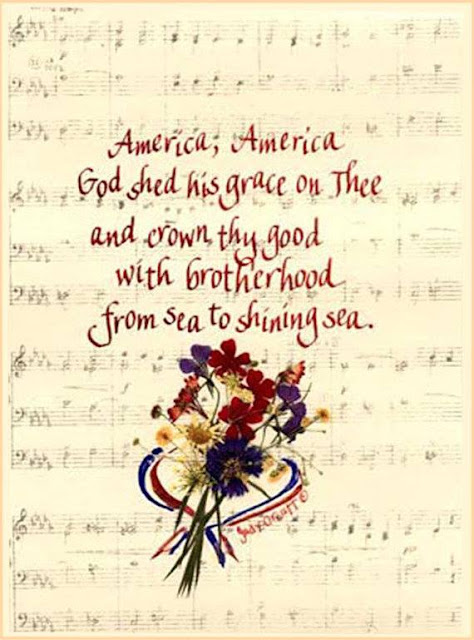"Saul spent several days with the disciples in Damascus. 20 At once he began to preach in the synagogues that Jesus is the Son of God. 21 All those who heard him were astonished and asked, “Isn’t he the man who raised havoc in Jerusalem among those who call on this name? And hasn’t he come here to take them as prisoners to the chief priests?” 22 Yet Saul grew more and more powerful and baffled the Jews living in Damascus by proving that Jesus is the Christ." Acts 9:19-22
Saul had just been converted to Jesus. That conversion experience is one of the most exciting series of events in the first half of Acts 19. In the verses above, his life is changed. He is associating with the disciples. He is preaching in the synagogues. He is sharing the good news about Jesus.
Everyone that heard Saul speak about Jesus became somewhat perplexed. Saul had been the man stirring up all the trouble for Christians. He wanted them all dead or imprisoned. That was his intended purpose in traveling to Damascus. Now we read of his new birth and his growth and power in proving that Jesus is the Christ, the Son of God.
Isn't it amazing the way God works? He actually takes the strongest and most powerful enemy of the cross, and turns him into the strongest and most powerful messenger of the gospel. What a change! This is Saul, that we come to know as the Apostle Paul, letter writer to churches, servant for the cause of Christ, diligent laborer for Christianity.
God is longing to make changes in your life too. The power of the cross can make a huge difference in you, just like it did it Saul. Your past is just that.....the past. In spite of all that, God wants to be in a loving and forgiving relationship with you, and watch you grow strong and powerful in his service.
You think your friends will be baffled? Probably no more baffled than those Jews living in Damascus, when they heard Saul "proving that Jesus is the Christ. "
<ronbwriting@gmail.com>






